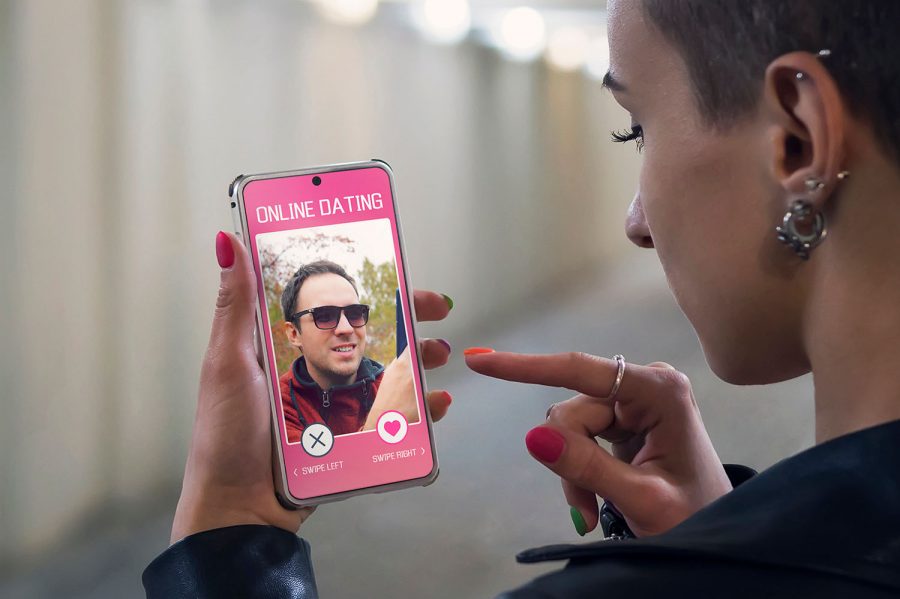SPONSORED: Consent in digital spaces
April 30, 2021
Sponsored by: Lion’s Den
With the rise of online dating and the outbreak of the COVID-19 pandemic, relationships have become increasingly virtual. While the internet can be a great place to meet new people, talking to strangers behind a screen calls for certain precautions. It’s important to be safe online in general but especially when sharing intimate details and establishing consent.
Ali Dunlap, e-commerce manager and sexual health and wellness educator for Lion’s Den, recommends that everyone engaging in online relationships set personal boundaries early and clearly communicate their desires.
“Always know who you’re communicating with,” Dunlap said. “It’s easy for someone to hide behind a keyboard and violate your boundaries. Set your boundaries with each new person. Keep communication open, and let them know what your expectations are and always ask for permission beforehand.”
Before sharing “not safe for work” content with your partner, discuss it together. Intimate messages like these should never be a surprise, so be certain that your partner is open to receiving that kind of material before pressing send.
“Try not to let excitement get ahead of permission,” Dunlap said. “Also, remember to be on your guard, and remember that not everyone you speak to is your friend. Have these conversations beforehand.”
If the relationship is purely digital, it can be more difficult to get to know someone as well as you can in real life. However, it is still important to get a strong sense of who you are talking to and how safe you are communicating with them. Before any mature content is sent, build trust with your partner. Create and agree on guidelines for sharing content.

Consent is an ongoing conversation that must be revisited and renegotiated periodically. Comfort levels change, and it’s important to communicate your present intentions and interests with anyone you speak to, both online and in-person. Dunlap advises that if you’re uncertain whether your message might be well-received, err on the side of caution and request permission beforehand, then respect whatever answer you receive. Mutual respect is key in all relationships, online and off.
The Lion’s Den’s blog post “What is Consent” recommends utilizing the acronym F.A.C.E. (Full consciousness, Acting freely, Clear intent and Enthusiasm) to remember the criteria for consent. Both you and your partner should be acting of your own free will and should be enthusiastic when engaging with each other. In all scenarios, a “yes” must be given freely with full knowledge of the arrangement.
Getting to know yourself is also a key part in building a safe web space. Instead of taking cues from others or fantasy scenarios, figure out what feels the most comfortable for you. Decide what you want and what makes you happy, and establish respect.
Dunlap said that knowledge is power.
“Always do your homework beforehand,” they said. “Try to figure out ahead of time what you’re getting yourself into. Check out your resources and understand safety and consent.”













